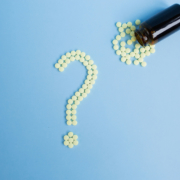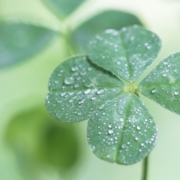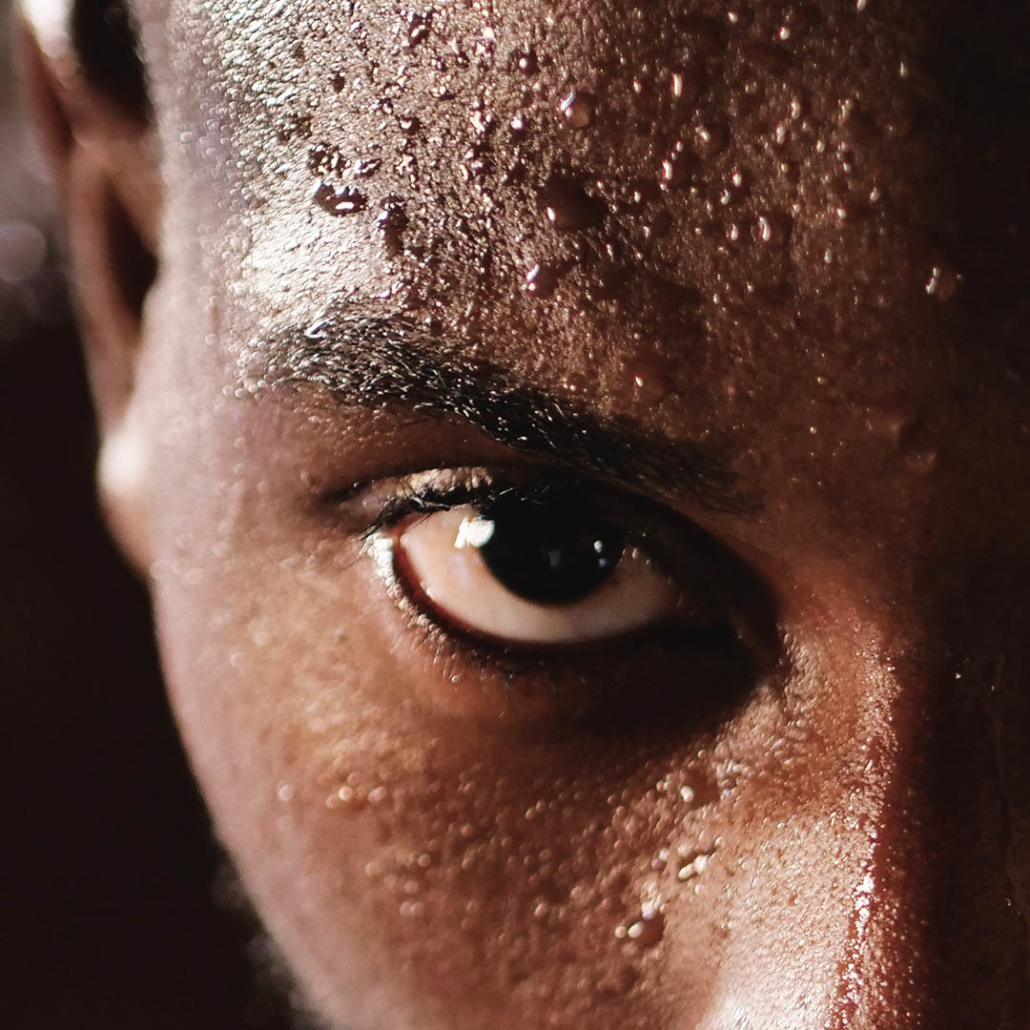Truth bomb: I was born with a hole in my heart. A ventricular septal defect to be exact. While not a huge concern for most (it is one of the most common congenital heart defects), my hole was large enough to give cardiologists and my parents a scare. Some would say that this is unfortunate, or unlucky, but I disagree.
I still remember receiving echocardiograms at an early age, thinking this was something normal for all children. My parents never coddled me or gave in to the numerous cardiologist’s beliefs that I would not be able to participate in strenuous activity. And while they chose not to agree with those cardiologists who wrote me off from a very early age, they took numerous steps to ensure I was living a very healthy life from an early age and instilled in me that nothing was wrong. It was because of this that I attribute the closing of my hole and saying good-bye to that ventricular septal defect by the time I was 7. The cardiologists couldn’t explain it. And suddenly, I wasn’t unlucky, but rather seen as ‘lucky’ and a ‘special case’.
“Luck is what we make it, not what is thrust upon us. You’ve shown initiative and it has nothing to do with luck.”
– George Bellairs
I don’t buy it. There is no “luck” in health. None of us live perfectly healthy lives, and we all have to deal with problems related to our health. But the difference between the person who sees themselves as unlucky and those who choose to take on this problem and see it as an opportunity to improve will make all the difference in the world. Luck is defined as “success or failure apparently brought by chance rather than through one’s own actions.” Once we tell ourselves that we are lucky or unlucky, we become victims. We tell our mind that we have no power to change the outcome of our health. It’s unfortunate that modern conventional doctors often contribute to this feeling of becoming “unlucky” and victimizing many people with health issues. I’ve studied hundreds, if not thousands, of medical cases where patients were written off with chronic diseases with no known cure, only to be provided another nonconventional option and become perfectly healthy. Were these numerous cases all lucky? No, they expanded their awareness, researched their options, and found a way back to health. Was it easy? No. But many of these patients can contribute the struggle back to health to a greater gratitude for life and often realize the struggle was necessary to get to a higher place in their life. They chose not to become unlucky victims, but rather empowered people who are now much better prepared for any adversity.
The human body is remarkable, and has the capacity to heal itself to the extent that even modern science cannot explain many instances of people overcoming “incurable” conditions and diseases. As for me, the kid with a big hole in his heart – I went on to climb three of the Seven Summitrs (highest peaks on all 7 continents), participated in mini-marathons, played football, baseball, tennis and soccer at an early age, and never had any of the cardiovascular problems that are common for those who suffer from a large ventricular septal defect. When people tell me how lucky I am that I am healthy, I don’t tell them how I was an “unlucky” baby, but rather smile and politely thank them. I understand how fortunate I am to have my health, and am very grateful, but luck’s got nothing to do with it.


